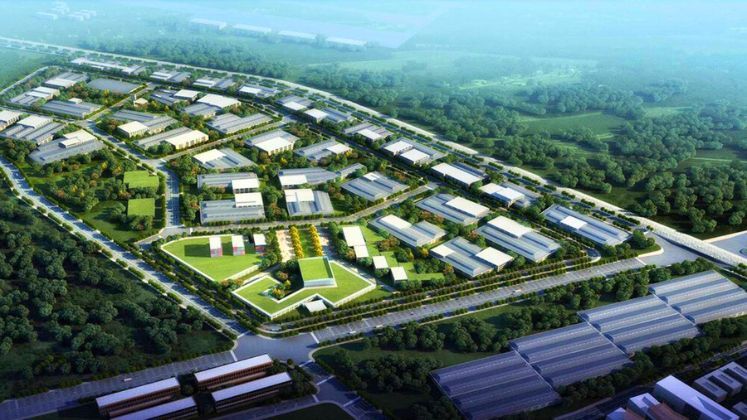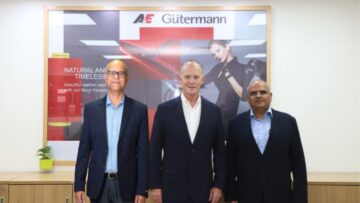
In a strategic shift, Bangladesh has decided to concentrate its efforts on developing a single, exemplary economic zone instead of pursuing the establishment of 100 smaller zones. Ashik Chowdhury, executive chairman of the Bangladesh Economic Zones Authority (Beza), made this announcement during a workshop on environmental and social impact assessments for the National Special Economic Zone (NSEZ), located in Chittagong, formerly known as Bangabandhu Sheikh Mujib Shilpa Nagar.
Chowdhury emphasised that the focus on one flagship economic zone is designed to set a benchmark for future developments.
The RMG sector, a crucial pillar of Bangladesh’s economy, is expected to play a significant role in this new zone. The Government aims to attract more investments in RMG, which is vital for employment generation. Chowdhury noted that with the pressure of creating job opportunities increasing yearly, the economic zone approach is essential for bridging the gap between employment absorption and generation.
In the past, Beza faced criticism for failing to meet investor expectations. However, Chowdhury assured that the revamped authority is dedicated to delivering a zone with all necessary amenities, including reliable access to gas and power, to support the needs of the RMG industry and other sectors.
Support from the World Bank has been secured to ensure that the flagship zone adheres to global environmental standards. Lamiya Morshed, principal coordinator for SDG affairs at the Chief Adviser’s Office, stressed the importance of ongoing monitoring to ensure that environmental protection plans are implemented effectively, indicating a need for sustainable practices alongside economic growth.
ASM Humayun Kabir, additional secretary in the Ministry of Environment, Forest and Climate Change, highlighted the importance of integrating sound pollution assessments into environmental plans, a point often overlooked in major projects. He urged for thorough feasibility studies to prevent public fund wastage.
The environmental and social impact assessment produced an 18-point recommendation list aimed at ensuring sustainability in the economic zone. This includes the establishment of effective waste treatment facilities and the promotion of low-emission building materials.
If the recommendations are adopted, an estimated 10 million people could benefit directly and indirectly from the NSEZ, providing significant opportunities within the RMG sector and beyond. Abdullah Al Mahmud Faruque, project director of the NSEZ, alongside Saleh Ahmed, executive member of Beza, were also present, highlighting a commitment to creating a prosperous and sustainable future for the economic zone and its stakeholders.






